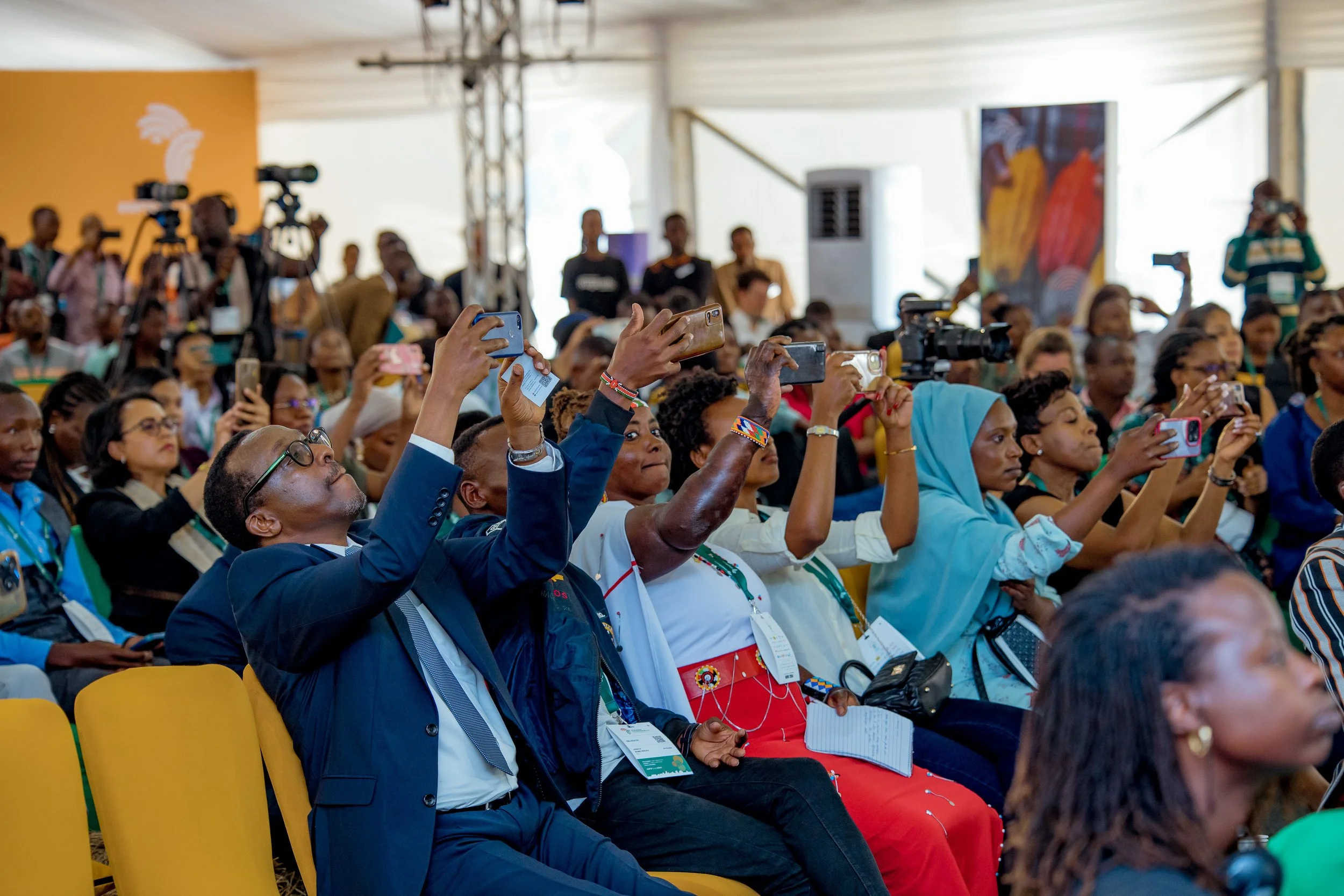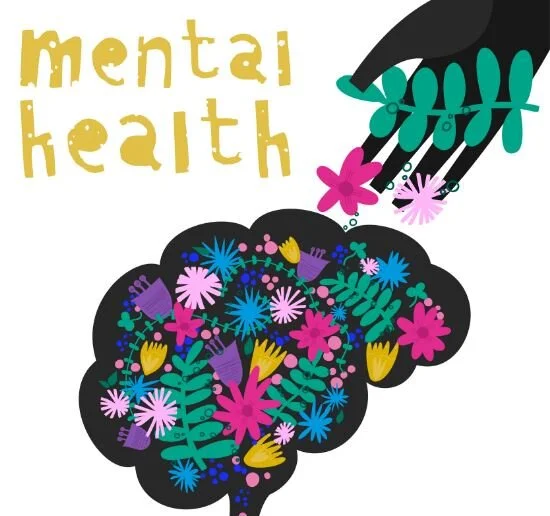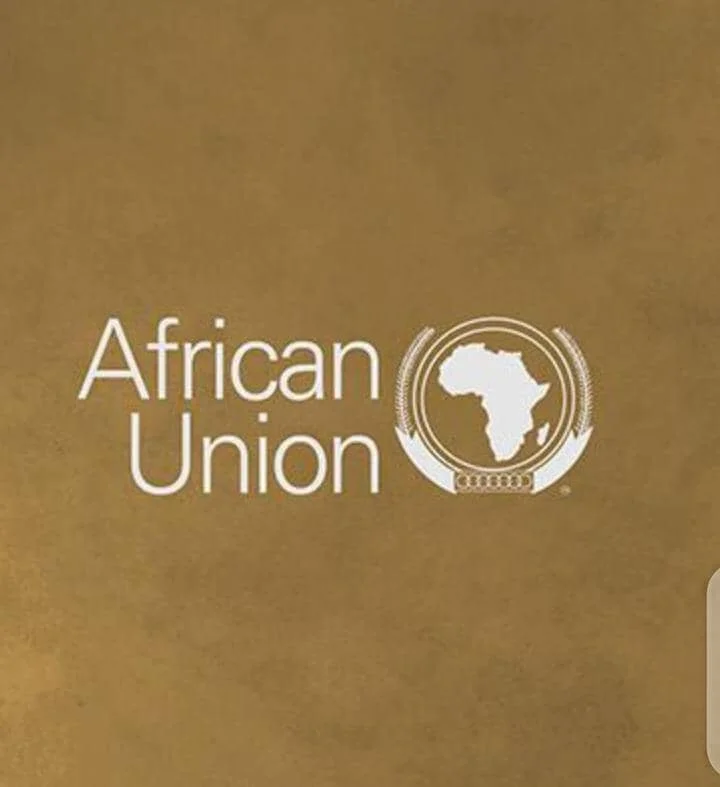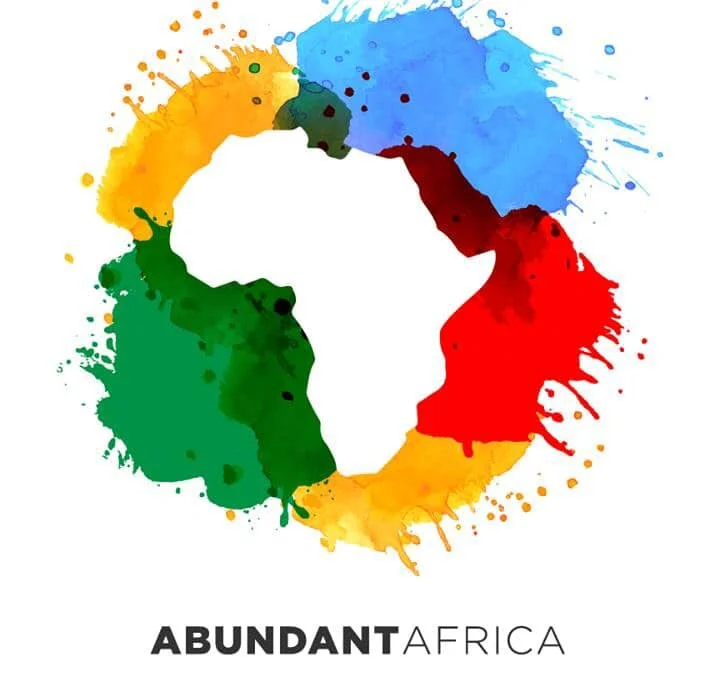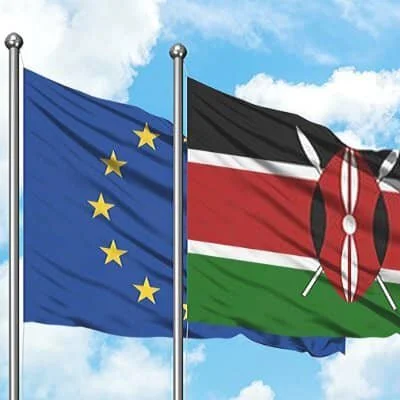The Youth Cafe in collaboration with the University of Sussex (UK) through Sussex Writes, have won the 2021 Global Challenges Fund for a project that is working to formulate a contextually-appropriate psychosocial intervention model, aiming to improve youth mental health, promote social inclusion and strengthen post-pandemic resilience in Kenya. With mental health disorders left untreated, these conditions have serious detrimental effects on young people’s developmental progress, family life and educational achievement, with long-term risks for poor health, social marginalisation and unemployment in adulthood. COVID-19 has increased threats to mental ill health and worsened pre-existing global inequalities in access to adequate care. Addressing these challenges is essential to achieving post-COVID recovery, given the close links between youth mental health, social disability and economic development.
Reflecting On Youth, Peace And Security At The ICGLR Regional Multifunctional Youth Forum
The meeting assessed the implementation of the ICGLR Heads of State and Government Declaration on Youth Unemployment and the Pact on Security, Stability and development. Further, it looked at ways of developing the ICGLR Regional Action Plan on UNSC Resolution 2250 on Youth, Peace and Security as adopted by the ICGLR Heads of State and Government during their 8th Ordinary Summit held on 20th November 2020. The meeting also received presentations on the UNSCR 1325 process for peer learning. This came on the heels of a developments in the region, including elections in the Republic of Burundi, Tanzania and Central Africa Republic.
Where Are You Going? Envisioning Human Mobility For 2050 | Policy Kitchen Challenge
The Open Think Tank Network members - Agora (UK), Foraus (CH), Polis180 (DE), and Ponto (AT) - plan to experiment with a participatory foresight methodology to create explorative future scenarios on how people move across the world by 2050. The Youth Cafe has partnered with the Open Think Tank Network on this policy project called “The Future for Human Mobility”.
CRI, UNESCO, The Youth Cafe, And +150 Partners Hosted A Global Online Festival For International Day Of Education
The Youth Cafe has been honored to be part of a global online festival for the International Day of Education hosted by LearningPlanet. In a time when schools, universities, and youth are so deeply affected by the pandemic, the #LearningPlanet Festival provided a timely opportunity to celebrate education as a powerful way to collectively move forward. The Youth Cafe had an opportunity to showcase the organization, particularly on our education and skills work. The organization is working towards increasing the creation of opportunities for young people to develop employability skills and competencies to take on future challenges and opportunities in the society “21st-century skills” or soft skills like critical thinking, communication skills, and adaptability.
Youth Excel Logo Design Competition - Communications Toolkit
The Youth Cafe in partnership with IREX is thrilled to launch the Youth Excel logo competition for the creation of the Youth Excel brand. The Youth Cafe is part of the Youth Excel – a U.S. Agency for International Development (USAID) funded project, implemented by IREX, and consortium partners. The project aims to empower young people and youth organizations to drive local development by using implementation research
Africa Union Solidarity Visits
Despite Covid-19 (im)mobility, the African Union Youth Envoy, Ms. Aya Chebbi has been on the ground for solidarity missions. In November, she visited Namibia and South Sudan and addressed Kenyan youth during the Launch of the Kenya NiMiMi national Campaign. In a courtesy call with His Excellency President Hage G Geingob at the State House of the Republic of Namibia, the envoy presented the Report on Greater Inclusion of African Youth in Public Service and Governance.
Just Released | The Youth Cafe 2020 Annual Impact Report
The Youth Cafe is proud to share the eighth Impact Report produced based on the Social Return on Investment methodology. The average Social Return on Investment ratio for The Youth Cafe is 1:12, meaning that an investment of $1 delivers $12 value in terms of positive social impact. The present report outlines the main activities and projects carried out by The Youth Cafe from January to December 2020. The activities were developed and implemented in compliance with The Youth Cafe Strategic approved Plan for 2018-2023 and The 2017 Youth Manifesto.
Africa Union Youth Letter | A Call To Action By The Youth Cafe
The Africa we want to live in is one that sees every young person involved in its development and flourishing. We want to see young Africans from all the African states, enabled to join hands and work collectively, in peace and in unity. We want to use those hands, our strengths and the power of our minds to collectively, creatively, and innovatively raise Africa up to great heights and with our abundant resources, be a blessing to the world.
Press Release: AU Leaders Challenged By Young People Denied Full Participation In The Future Of Africa
A group of young grassroots movement leaders from around the continent of Africa have called on African Heads of State to urgently work with youth to address the systemic issues that have disempowered an entire generation of young people. The young leaders are calling for African heads of state to allow them to exercise their freedom and creativity, to contribute to African society, by ending the unfair, unjust profiling and targeting of young people in national security operations.
EU Roadmap For Engagement With Civil Society In Kenya :2019-2022
The European Union (EU) has a long-standing global commitment to supporting and advocating for the role of independent, peaceful, representative civil society organizations (CSOs) as important actors in development and in the strengthening of democratic processes and structures. The new Roadmap is intended as a strategic instrument, which will complement the EU Joint Strategy 2018-2022 and provide guidance to the different areas of EU engagement with Civil Society –political and policy dialogue, development cooperation, and trade – rather than an output-specific plan of action.

